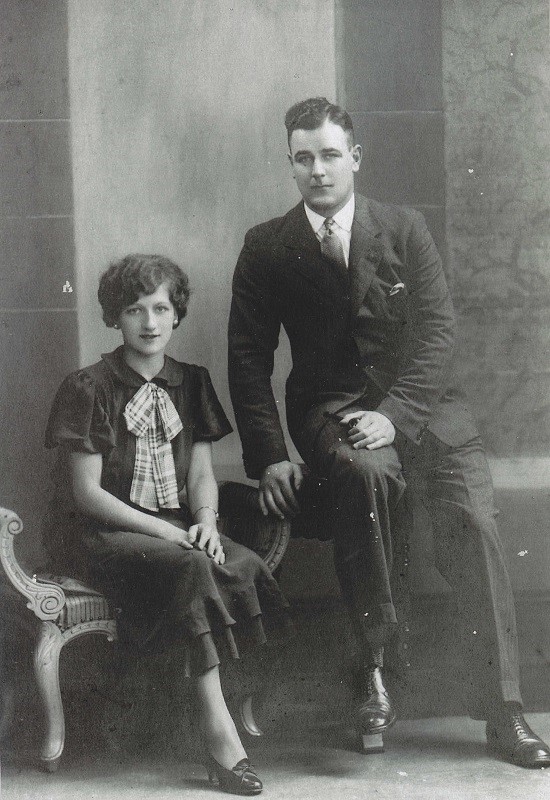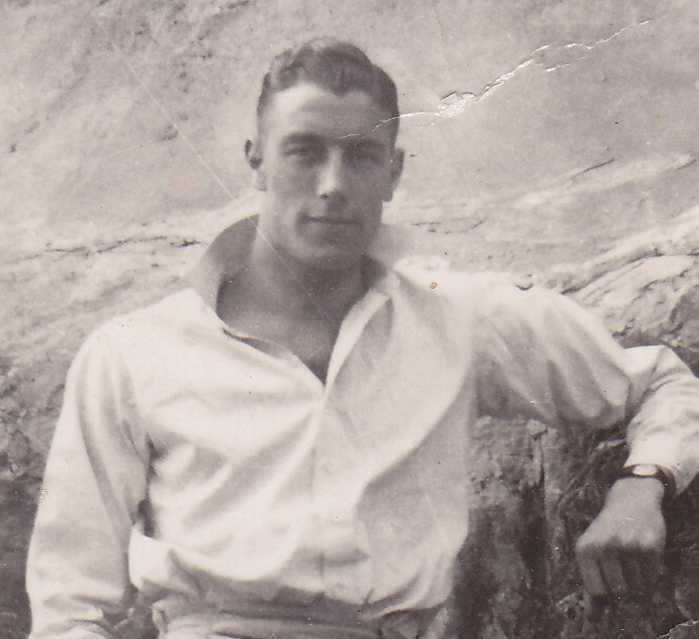Published on | #WeAre50, General
The Roll of Honour is very special to us at the museum.
I first got involved with the Roll of Honour in 2015, when I was working in Estates and volunteering with the museum.
In the museum in Sparkhill, there were 15 filing cabinets full of Birmingham City Police and West Midlands Constabulary files.
I recognised that without a way to search electronically, they would really struggle to identify if they held a particular record, if it was mis-filed or the requester didn’t know the warrant number of the individual.
So, I set about creating a volunteer indexing project, inviting colleagues to spend time with us physically going through files and recording basic information such as name, date of birth, warrant number, whether there was a photograph and any key information from the file.
This project was fascinating. A little glimpse back through history, through another era of policing.
The first person that we came across who was not recorded on our force Roll of Honour, was PC Robert Evans Ace.

His file showed that he was knocked off his police motorbike, by an individual driving carelessly. Pulling out into traffic without looking or indicating.
He had survived the worst of the bombing during the Blitz and was tragically killed in September 1941. Ironically, the accident took place on Stratford Road, in Sparkhill. Just down the road from where his file had sat for the past 20 years.
We discovered he had a 5-year-old son, Gerald, and he also left behind a widow, Carrie. With such an unusual name, I took a chance and looked up Gerald Ace on the voter’s register. And I found him.
I brought the matter to the attention of the Chief Constable’s staff officer, who sent a letter to Gerald. When he didn’t receive a reply, he drove to Gloucester to visit Gerald and found that he was staying with his half-sister Jean after recovering from an illness.
We were put in contact with Jean, and when we met up they were all thrilled to find out that we were looking into Robert’s story and adding him to our Roll of Honour.

But there was more. We had found several other historic names in our file indexing project. These included Sergeant Mary Jean Baldwin, now the first female officer on our Roll of Honour, who died in 1959 after suffering a pulmonary embolism.
She broke her ankle in a fall coming down the stairs at Selly Oak Hospital, after taking a statement from a victim. She was confined to bed and died a few days later from a blood clot.
I also found the story of PC Eric George King, who required an operation following an accident during rifle training in 1940. Tragically he died on the operating table. He left behind a widow and four-year-old son. We managed to track down his son too, now an 80-year-old man, and took his father’s file to show him.

I discovered there were several other names missing from our Roll of Honour, some much more recent, so we arranged for these to be added and a memorial service held to recognise the individuals we were adding.
Family members of all of those officers were invited and it was one of the most special evenings of my career. It meant so much to everyone that we were remembering their family members, some who had passed almost 75 years earlier.
The work continued – there were many other records at the museum we could check, and the British Newspaper Archive.
We found retired officers who had died from mesothelioma, officers who were injured on duty and died soon afterwards. Officers who had collapsed at the station or gone home sick from duty. Some who were driving home and involved in car crashes. One was struck by lightning on duty at Calthorpe Park. We found two other night watchmen who are now the first and third names on the list.
Night watchmen were the forerunners of police officers as we know them today, and equally worthy of remembrance. These were both killed in the line of duty in Birmingham.
We also found a handful of suicides, and with changes in attitudes towards suicide and a better recognition of mental health, the National Roll of Honour Trust was now accepting that suicides on duty should be captured the same as any other medical death on duty.
Of the 145 names on our force Roll of Honour in September 2024, 43 of those have been added as a result of research done through the museum. You can see our digital Roll of Honour on display in Lloyd House reception, based on a model we saw being used in Greater Manchester Police Museum, and replicated this at the museum.
It has been an absolute privilege and a humbling experience to meet many family members of officers on our Roll of Honour, and I am very proud of the work we have done to ensure those officers are always remembered.
There are strict criteria for the National Police Roll of Honour, which West Midlands Police follow, but if you think you know of someone that is eligible to be recorded on there, please do get in touch for us to take a look.
Corinne Brazier – Heritage Manager
